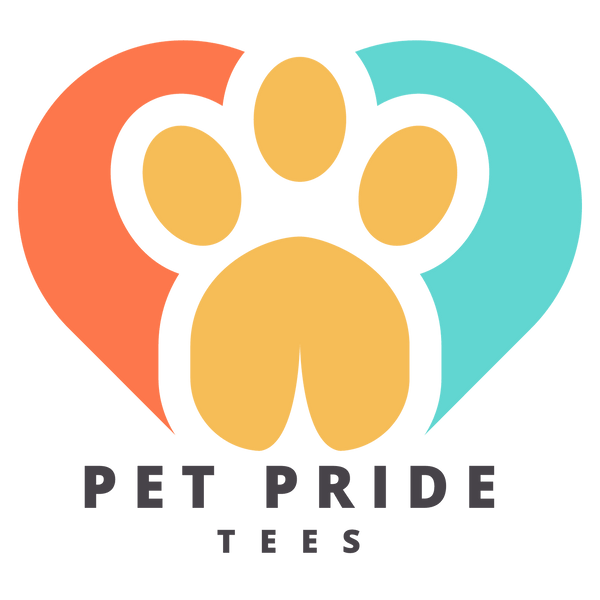
Pet Nutrition: Understanding Your Pet's Dietary Needs
Share
Our pets are more than just animals; they are cherished members of our families. As pet owners, it is our responsibility to ensure that our furry friends are well taken care of, starting with their nutrition. Understanding your pet's dietary needs is crucial for their overall health and well-being.
Dogs' Dietary Needs
When it comes to dogs, their dietary requirements can vary depending on their age, size, and breed. A balanced diet is essential to support their energy levels, maintain a healthy weight, and promote a shiny coat. Dogs need a combination of proteins, carbohydrates, fats, vitamins, and minerals to thrive.
Proteins for Dogs
Protein is a vital component of a dog's diet as it helps build and repair tissues, support muscle growth, and maintain a strong immune system. Good sources of protein for dogs include meat, fish, eggs, and legumes.
Cats' Dietary Needs
Cats are obligate carnivores, which means they require a diet rich in animal proteins to meet their nutritional needs. A cat's diet should consist of high-quality protein, moderate fat content, and essential nutrients like taurine, which is crucial for their heart and vision health.
Fats for Cats
Fats are an important energy source for cats and help support healthy skin and coat. Omega-3 and Omega-6 fatty acids are essential for cats' overall well-being and can be found in fish oil and certain plant oils.
It is essential to consult with your veterinarian to determine the specific dietary requirements for your pets. They can provide tailored advice based on your pet's age, weight, activity level, and any underlying health conditions.
Choosing the Right Pet Food
With so many pet food options available in the market, choosing the right one for your pets can be overwhelming. Look for pet foods that are AAFCO-approved, as this ensures that they meet the required nutritional standards for pets.
Reading the ingredients list can also give you valuable insight into the quality of the pet food. Look for whole proteins like "chicken" or "salmon" as the first ingredient, and avoid foods that contain artificial colors, flavors, or preservatives.
Common Dietary Mistakes
One common mistake that pet owners make is overfeeding their pets, which can lead to obesity and other health issues. It is essential to feed your pets the right portion sizes based on their age, weight, and activity level.
Another mistake is feeding pets human foods that are toxic to them, such as chocolate, grapes, and onions. These foods can be harmful and even life-threatening to pets, so it is crucial to keep them out of reach.
Conclusion: A Healthy Diet for Happy Pets
Understanding your pet's dietary needs is an integral part of being a responsible pet owner. By providing your pets with a balanced and nutritious diet, you are ensuring that they lead happy, healthy, and fulfilling lives. Consult with your veterinarian, do your research, and make informed choices when it comes to your pets' nutrition. After all, a well-fed pet is a happy pet!

